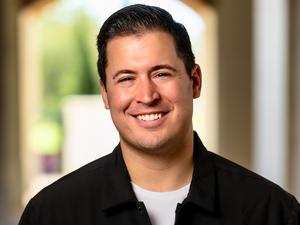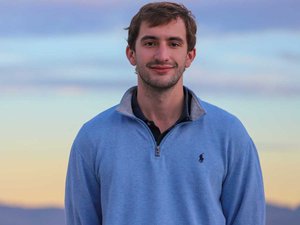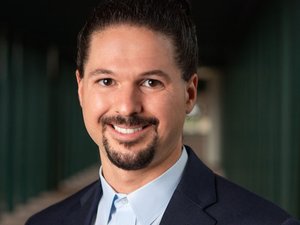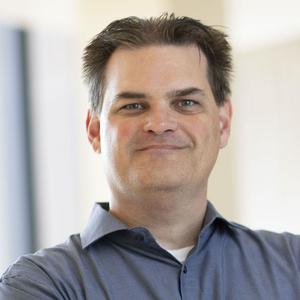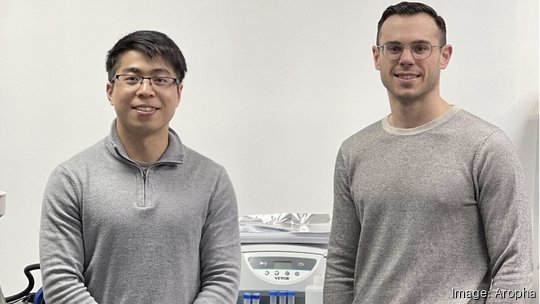
Aropha, a Bedford, Ohio-based startup aiming to cut the time and cost of materials degradability testing, has raised $1 million in seed money.
The round was led by Comeback Capital in Cleveland with participation from Lightbank in Chicago and Right Side Capital Management in San Francisco.
Kuan Huang founded Aropha in 2021, about six months after graduating from Cleveland's Case Western Reserve University with a PhD in civil and environmental engineering.
Huang cares about the environment. While at the university, he started working with a Northeast Ohio company that wanted to develop ways to test the ability of its personal care products to break down into environmentally friendly materials.
The push toward greater biodegradability, especially for plastics, is coming from both consumers who want to minimize their carbon footprints and governments trying to protect their citizens from forever chemicals that leach into the environment or to minimize landfills.
And in Akron, a federal grant is being used to develop a national tech hub for sustainable polymers.
"I realized the reason they came to us ... was because the commercial labs were very expensive and slow," Huang said, sometimes taking up to six months or longer to complete one test. Compostability tests, for instance, can take up to two years to complete, said Travis Johnston, who joined Huang last year as Aropha's co-founder and chief operating and revenue officer.
"And it may cost them a few thousand dollars, $4,000, $8,000 or even more just to perform one test," said Huang, who is the company's co-founder, CEO and chief technology officer.
CWRU's client company was doing R&D on its first product, so it needed to test many samples.
Huang remembers thinking, "I know I can do it much faster and cheaper." So he developed machinery algorithms [artificial intelligence] that use his expanded materials database to simulate the biodegradability of products.
Even at its early stage, Aropha can predict a product's biodegradability faster and cheaper than traditional laboratory methods.
"We can get an initial result in one minute," Johnston said. "I can get a good sense early on if these products are going to meet that [biodegradability] need."
"We’ve been able to help nearly 100 different companies with their testing," he said. "Even some small ones that are making a product for the first time."
Huang and Johnston plan to use their company's seed funding to expand their predictive modeling capabilities, applications and space, as well as marketing efforts, to serve customers in a wider market, Johnston said.
